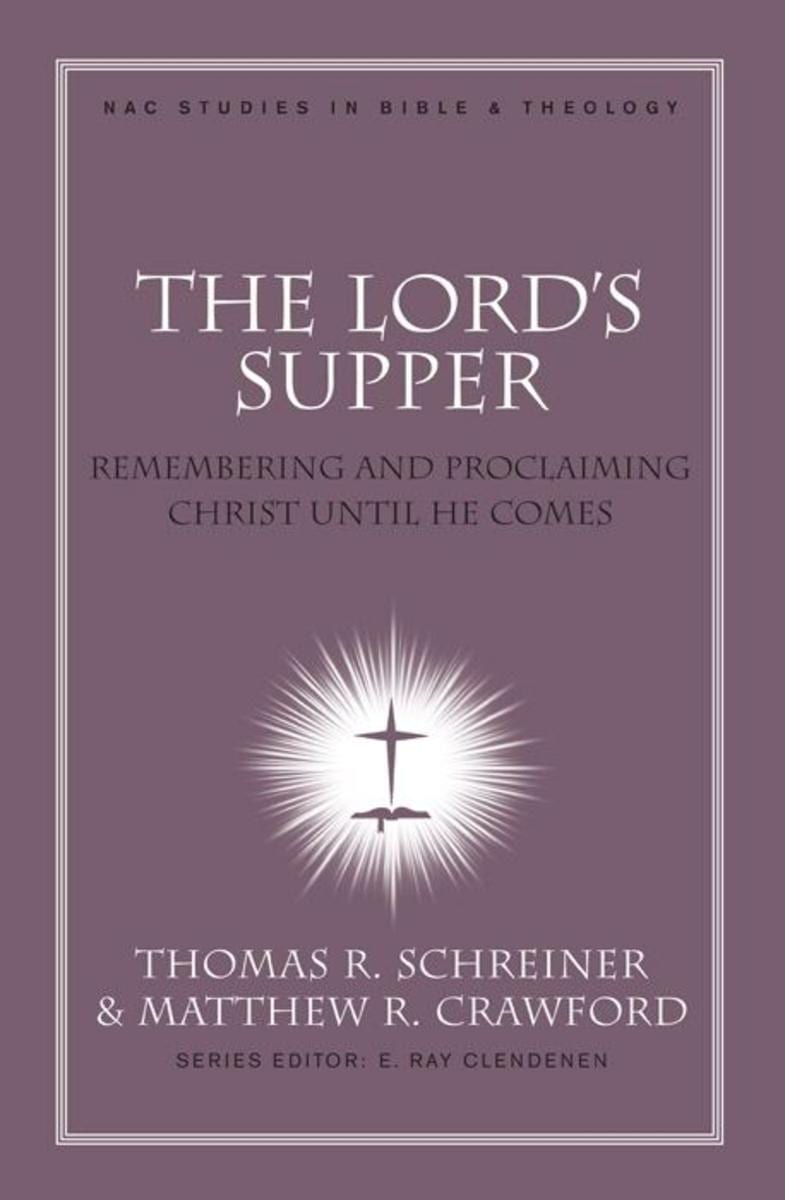Lord’s Supper
Definition
One of the Church’s two ordinances or sacraments, the Lord’s Supper, was instituted by Jesus to commemorate his death, to symbolize the New Covenant, to point to the fellowship of a redeemed people gathered at his table, and to anticipate the messianic banquet yet to come.
Summary
The Lord’s Supper traces its symbolic roots to the Passover meal at the time of the Exodus. It was instituted by Jesus at the time of his final meal with his disciples. The bread and the cup point to his broken body and shed blood and are the definitive symbols of the New Covenant in Christ. Debate concerning the significance of the Supper (particularly the way in which Christ is present at the Supper) was a central point of division at the time of the Reformation, both between Protestants and Roman Catholics, and among Protestants. Protestants reject the idea of transubstantiation but maintain divergent understandings of the precise significance of the Supper. Nonetheless, all would agree that the bread and the cup speak eloquently as symbols of Christ’s redemptive work at Calvary, of the fellowship of the people of God in Christ, and of the coming day when a redeemed people will gather in the presence of the Savior at his eschatological banquet.
Courses
Articles
The Serious Joy of Loving Communion
Why does receiving the Lord’s Supper require a particular moral posture?
TGC Asks: Does Scripture Demand Unleavened Bread in the Lord’s Supper?
Unleavened bread is not required for the Lord’s Supper. In fact, I’m not even sure bread is always required.
What Does It Mean to Remember Jesus in the Lord’s Supper?
Whatever view of the Lord’s Supper we hold, we all desire a heightened sense of what God holds out to us in these dynamic symbols.
It’s Meant for Sinners
The minister’s counsel to her is worth remembering every time we come to the Lord’s Table: “Take it, Lass. It’s meant for sinners.”
Podcasts
Views: Frequency
We Celebrate the Lord’s Supper Frequently But Not Weekly
Living in a land of drive-thru cappuccinos and customizable DVR TVs, Christians have often been tempted to engage with the church in a similar fashion—-quickly, easily, and preferentially. The Lord’s Supper provides us with such an example. Mistakenly seen by many as a traditional accent to an already packed worship service, this time of communion has easily slipped into becoming something other than what Christ originally intended for it. The Lord’s Supper was instituted by the head of the church—-Jesus Christ. Taking the history and imagery already understood by the account of the Exodus and God’s salvation of his people,...
Three Arguments for Weekly Communion
With these benefits, why not celebrate communion weekly?
The Frequency of Communion Calmly Considered
This essay maintains that none of the approaches to the question of frequency of communion (daily, weekly, monthly, quarterly, or annually) are self-evidently the “right” one, given the fact that the New Testament does not directly address the frequency question. Dogmatism on the subject cannot, therefore, be warranted. We cannot make direct appeal to the three Gospels, which record Jesus’ institution of this meal, for the Synoptics record no statement of Jesus bearing on the frequency question. One might infer that the connection of this meal with the annual Passover, observed by Jesus with his disciples, implies that we should...
Views: Remote
Practicing the Ordinances in a Pandemic
Scripture allows the necessary flexibility to permit us to continue to practice the ordinances during COVID-19.
Can Baptism and the Lord’s Supper Go Online?
To make the Lord’s Supper into something other than a meal of the whole church, sitting in the same room, is to make it something other than the Lord’s Supper.
Book Reviews
40 Questions About Baptism and the Lord’s Supper
An excellent book on baptism and the Lord’s Supper that blend personal conviction with multi-denominational understanding.
The Lord’s Supper
Baptists historically have not devoted as much attention to the Supper as they have to baptism.




















